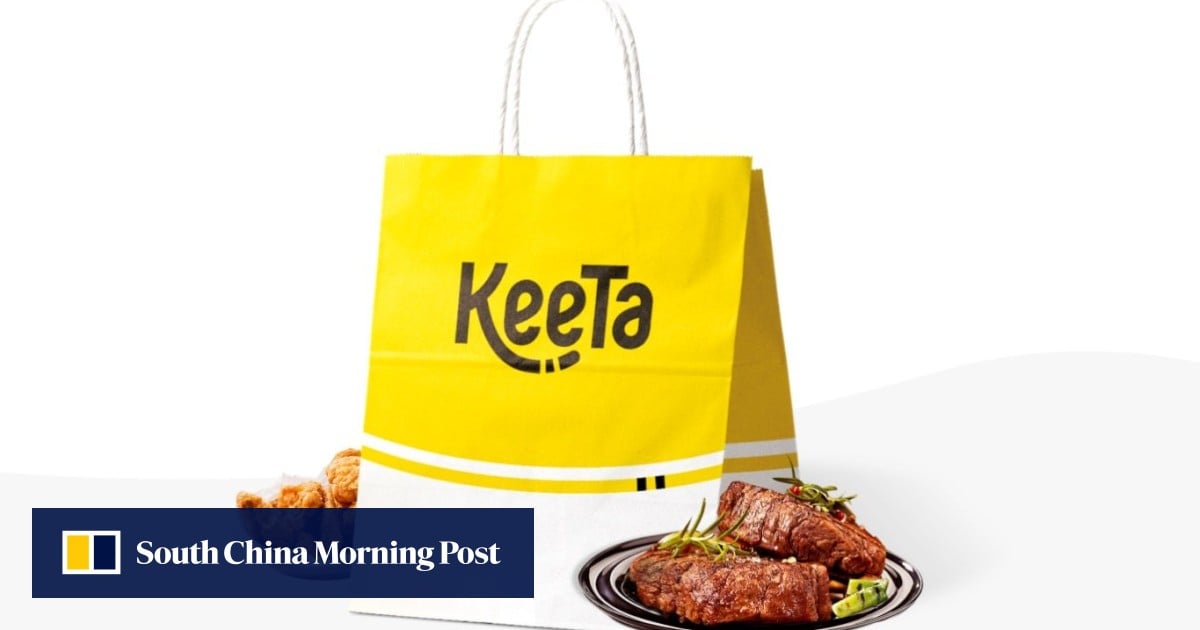TOKYO, Japan — Uniqlo will debut its first made-in-Tokyo clothes on Friday, a limited-edition collection that marks the start of a new creative process and business model for operator Fast Retailing. The three new items will be offered at a Uniqlo flagship store in downtown Tokyo and online, including a 2,990 yen ($27) 3D-knit cotton crewneck sweater. Fast Retailing intends to produce only enough to meet client demand, a concept enabled by the company’s first venture into manufacturing after relying completely on outside suppliers to produce around 1.3 billion pieces of clothes every year. The centerpiece of this concept is a facility in Shinonome, Tokyo Bay, amid a manufacturing-heavy region with no indications connecting it to Fast Retailing. Machines from Fast Retailing partner Shima Seiki Manufacturing constantly churn out seamless knit fabric in this neat facility. This business, which is open 24 hours a day, makes 1,000 pieces of cloth per day. Innovation Factory, a joint venture with Shima Seiki that was a subsidiary of the knitting machine maker before Fast Retailing increased its interest to 51 percent from 49 percent late last year, operates this factory, which opened in April. “Having a factory that we lead would enable tighter coordination between our headquarters in Ariake [in Tokyo] and production,” said Tomoya Utsuno, President of the Innovation Factory.
Uniqlo’s first made-in-Tokyo clothing line includes this 3D-knit shirt. (Photo courtesy of Makoto Okada)
The traditional development cycle for Fast Retailing goods has experienced problems with communication between geographically separated teams.
It all starts with a team at Ariake’s office planning out the numerical requirements for the new item. The Ariake team then coordinates with the Innovation Factory, which was originally situated in Wakayama, northwest of Tokyo, once mass production preparations are started. However, according to Fast Retailing, such subtleties as texture cannot be measured, and revisions may be required towards the start of the manufacturing run if the item does not turn out as the development team had envisioned. Because of the great distance between Ariake’s headquarters and the Innovation Factory in Wakayama, employees only went there to evaluate prototypes and make revisions in person on rare occasions. “There were concerns with product launches and the like being slow to get off the ground because Fast Retailing wasn’t involved enough,” Utsuno added. According to Utsuno, product development staff from Ariake have visited the Shinonome factory once a week since it opened in April. The reduced distance makes it easier to coordinate, which improves team communication. Fast Retailing aims to reduce the time it takes from product conception to mass production preparation from three months to one month or less. The aim is to make new Innovation Factory goods available in limited quantities at the Tokyo flagship store, allowing Fast Retailing to measure demand. If the products prove to be a success, Utsuno said, “we’ll watch consumer patterns and then transfer to larger-scale manufacture elsewhere.” This will assist the company in reducing wasteful production and unsold inventories. Tadashi Yanai, the company’s chairman and CEO, has long stated that the Shinonome plant will serve as a global “mother factory” for 3D-knit items. The company will be able to roll out Shinonome items simultaneously outside of Japan by coordinating with the research and development division at Fast Retailing’s headquarters and sharing information with suppliers in Vietnam and China./n





